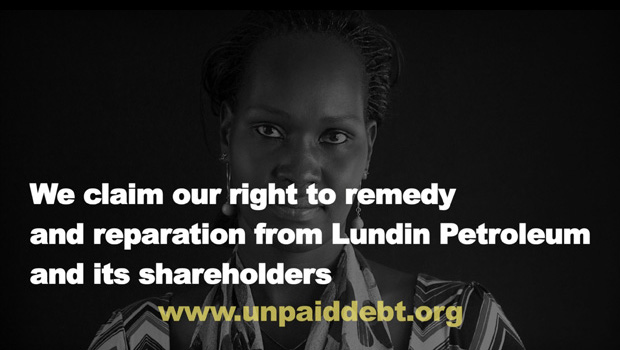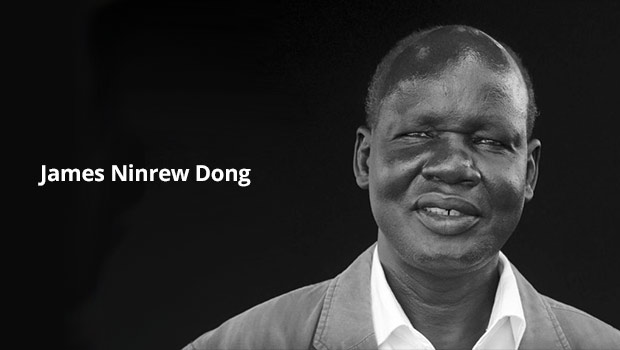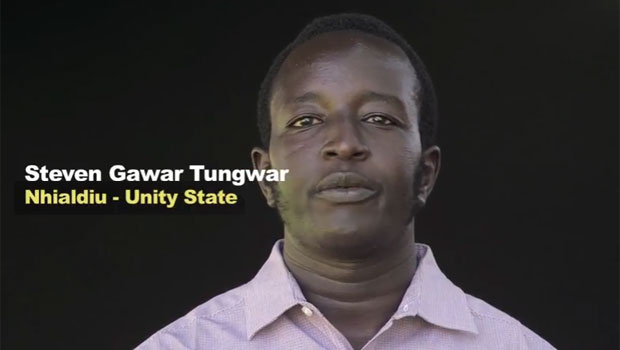The trial against Lundin Energy provides South Sudanese victims of war crimes access to justice. It should also let them rebuild their lives.
From 1983 to 2005, Sudan was torn apart by a civil war between the Government and a variety of armed groups, many from the Southern part of the country. During the mid-1990s, international companies signed contracts with the Government of Sudan to exploit oil in areas that were not under Government control. This set off a new round of fighting that would last until 2003. A heavily affected area was Block 5A that had been awarded to the members of the Lundin Consortium: IPC/Lundin Oil/Lundin Petroleum/Lundin Energy, Petronas and OMV. The inhabitants of their concession area belong to the Nuer people. The oil war divided them more than ever and galvanized the predominance of the same class of warlords that continues to tear South Sudan apart today.
Between 1997 and 2003, war crimes were routinely committed in what was essentially a military campaign by the Government of Sudan to secure and take control of its oil areas. This included intentional killing of civilians, burning of shelters, use of child soldiers, pillage, rape of women, abduction of children, torture, and forced displacement. Satellite pictures taken between 1994 and 2003 show that the activities of the Lundin Consortium coincided with a spectacular drop in agricultural land use in Block 5A, causing poverty and hunger. By the time Lundin and OMV left the area in 2003, 12,000 people had died and 160,000 had been forcibly displaced. Petronas bought Lundin’s share and continued its activities. The three companies deny any wrongdoing.
Lundin sold its Sudanese assets in 2003 with $92 million profit, invested in Norway and became a multi-billion dollar business. Arguably, Lundin, Petronas, OMV and their shareholders have benefitted from war crimes. All three companies adhere to the United Nations Guiding Principles on Business and Human Rights and claim that they assess and address their adverse human rights impacts, which they do not. Most of their shareholders are also committed to human rights but let them have their way.



